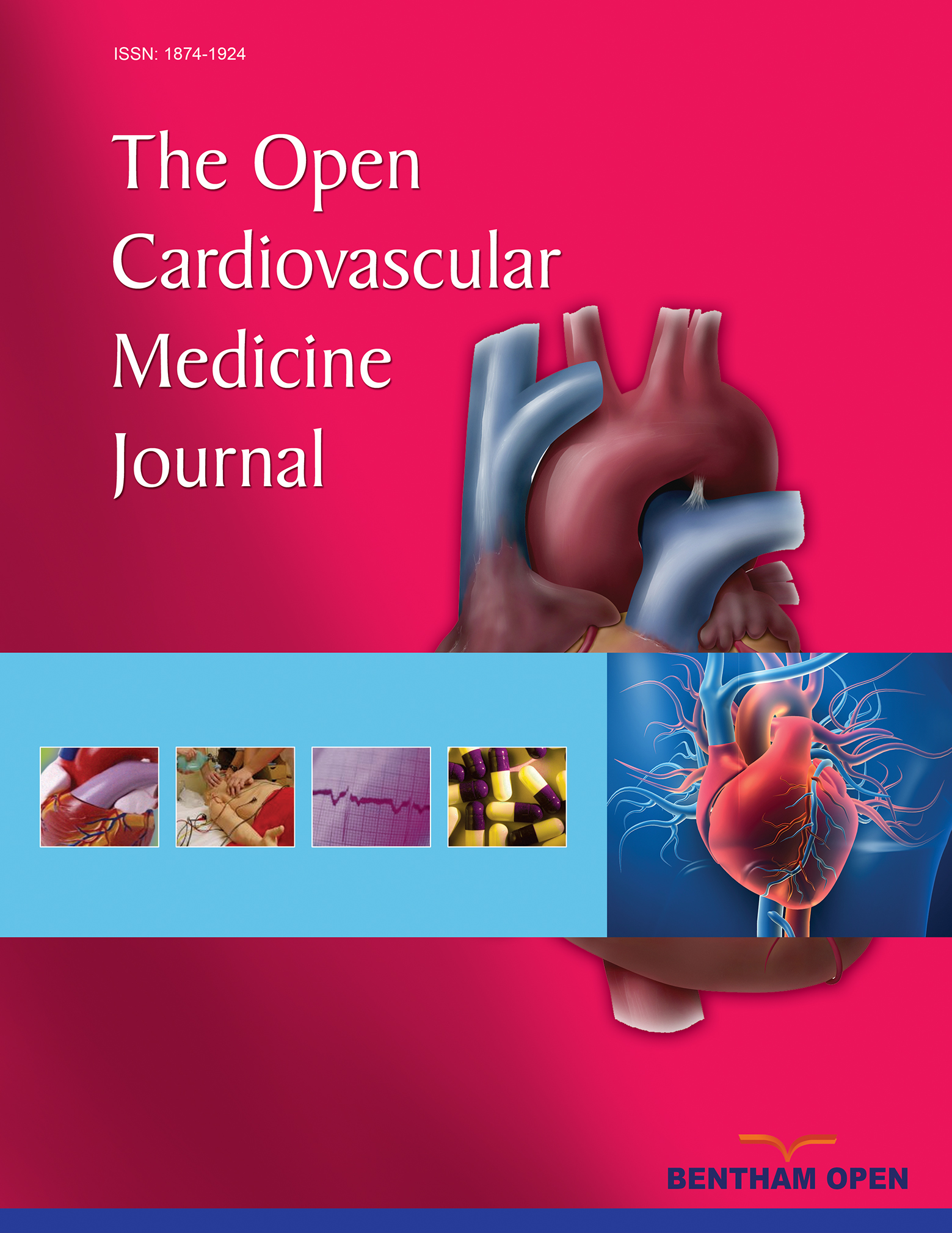All published articles of this journal are available on ScienceDirect.
Effects of Eprosartan on Serum Metabolic Parameters in Patients with Essential Hypertension
Abstract
The effect of the anti-hypertensive drug eprosartan on metabolic parameters is currently not extensively documented. We evaluated the effect of eprosartan on parameters involved in atherogenesis, oxidative stress and clotting activity. This open-label unblinded intervention study included 40 adult patients with essential hypertension taking eprosartan. Eprosartan significantly reduced by 8% (p<0.001) the systolic and by 13% (p<.001) the diastolic blood pressure, and in-creased by 24% the time needed to produce oxidative by-products (p=0.001), a marker of oxidative stress. In contrast, ep-rosartan did not alter 8-isoprostane (8-epiPGF2a) levels, another marker of oxidative stress. Additionally, eprosartan re-duced by 14% aspartate aminotransferase and by 21% then alanine aminotransferase activity, while it had a neutral effect on the lipid profile and apolipoprotein levels and did not influence glucose homeostasis, creatinine and uric acid levels. Eprosartan did not affect the clotting/fibrinolytic status (estimated by plasminogen activator inhibitor 1, tissue plasmino-gen activator and a2 antiplasmin levels), or the enzymatic activity of the lipoprotein associated phospholipase A2 (Lp-PLA2) and paraoxonase 1 (PON1). In conclusion, eprosartan should be mainly considered as an anti-hypertensive agent with neutral effects on most of the metabolic parameters in hypertensive patients.


